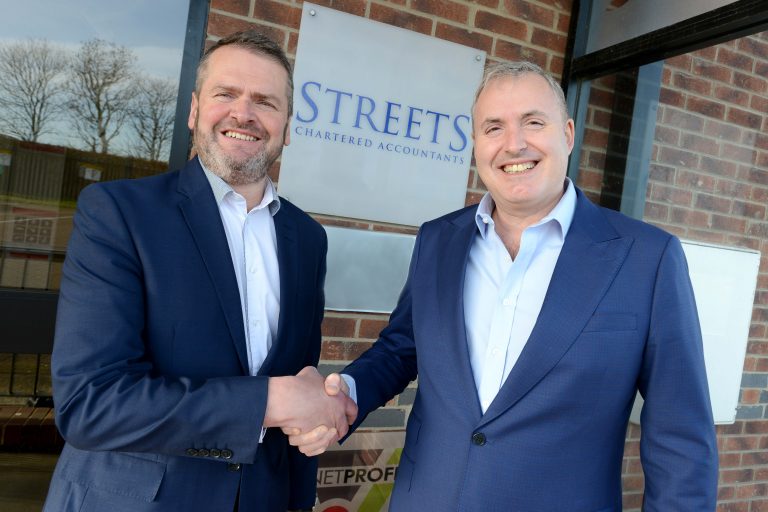Work starts on £9m North Yorkshire care home
Spring Statement misses significant opportunities says Manufacturing Association
Russia/Ukraine crisis likely to pause future M&A activity
UK firms’ customs duties surge by 63%, new figures reveal
Streets Chartered Accountants appoint Martyn Shakespear as head of banking & finance
Sale and purchase option agreed over Altalto Project site
Oscrete UK announces new NPD and sustainability manager
Plans approved for new student studios in Leeds
Plans have been approved for a new student scheme on Merrion Street in central Leeds. The development of 88 studio apartments with associated amenities, will be built at 26-34 Merrion Street, which was previously a bar and nightclub.
The scheme has been designed by Brewster Bye Architects for developer Urban Developments (York) Ltd. The part five, part seven and part nine storey building, will be delivered under the developer’s ‘Engage’ student brand. Work is due to start this summer and the scheme will be ready for occupation by 2024.
All 88 studios will have en-suites and the new building will also include a lounge, gym, study rooms, a cinema room and laundry facilities for residents. Four of the studios are accessible and there are two larger premium studios. The development will also include a staffed reception area and 23 cycle spaces.
Nick Gould from Urban Developments (York) Ltd said: “We have worked closely with the owner of the site, Mahmood Mazhar, to find a viable use for this vacant plot, which sits between the city’s universities and key retail areas.
“The scale, form and position of the building were all praised in the planning officer’s report, which stated that it would enhance the conservation area, as well as providing much needed student accommodation and local employment opportunities during construction and the subsequent operation as a student scheme.”
Mark Henderson, from Brewster Bye Architects, said: “This is the second purpose build student accommodation scheme we have designed and successfully achieved planning for with Urban under the Engage brand, following the approval of a large-scale development in Nottingham city centre.
“It’s a great location for students, in the very heart of Leeds, and our design sees the building step down in height and complement the surrounding streetscape. With ground floor glazing that creates an attractive and continuous street frontage on Merrion Street, our scheme will mirror the frontage of neighbouring The Merrion Project and really add to this part of the city centre.”
The scheme is located on the northern edge of Leeds City Centre’s main shopping and leisure quarters. Victoria Gate and Trinity shopping centres, as well as the city’s main university campuses and Leeds General Infirmary, are all less than a 10-minute walk away.












